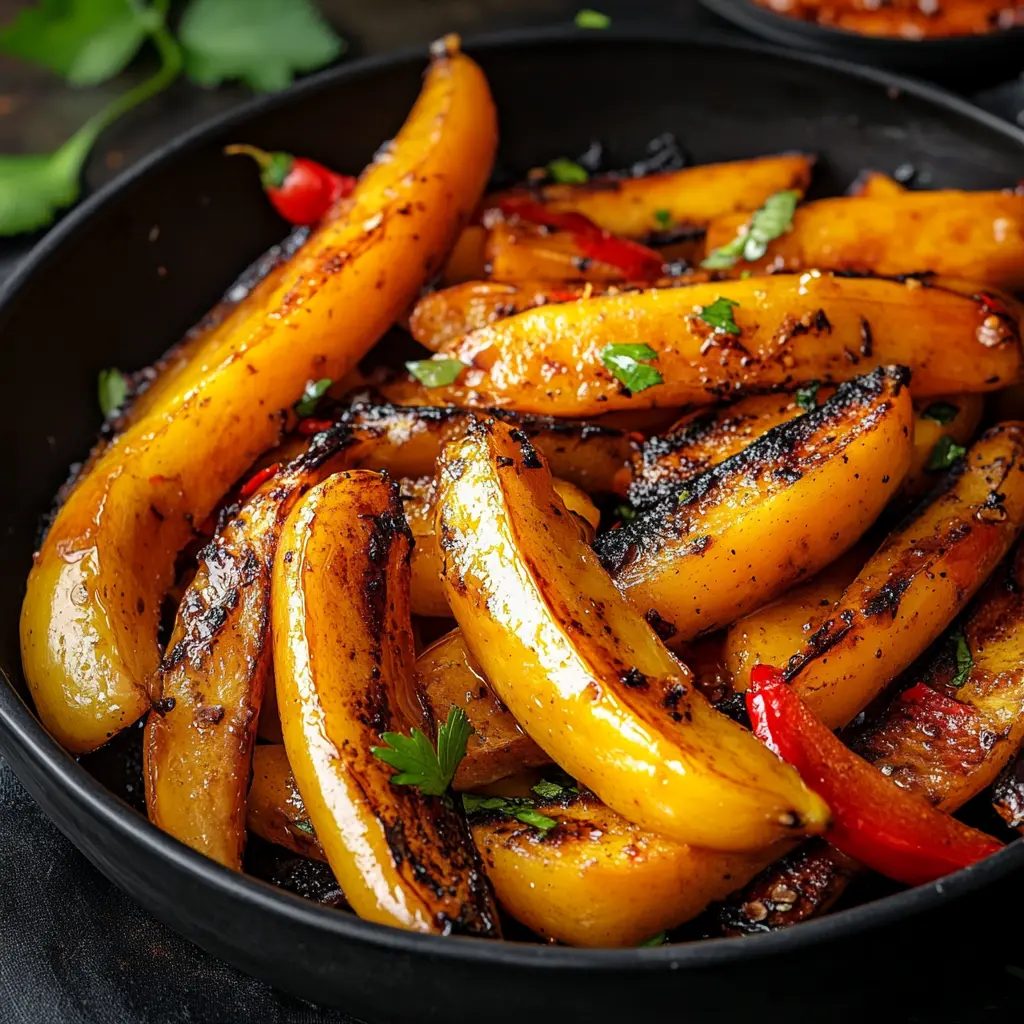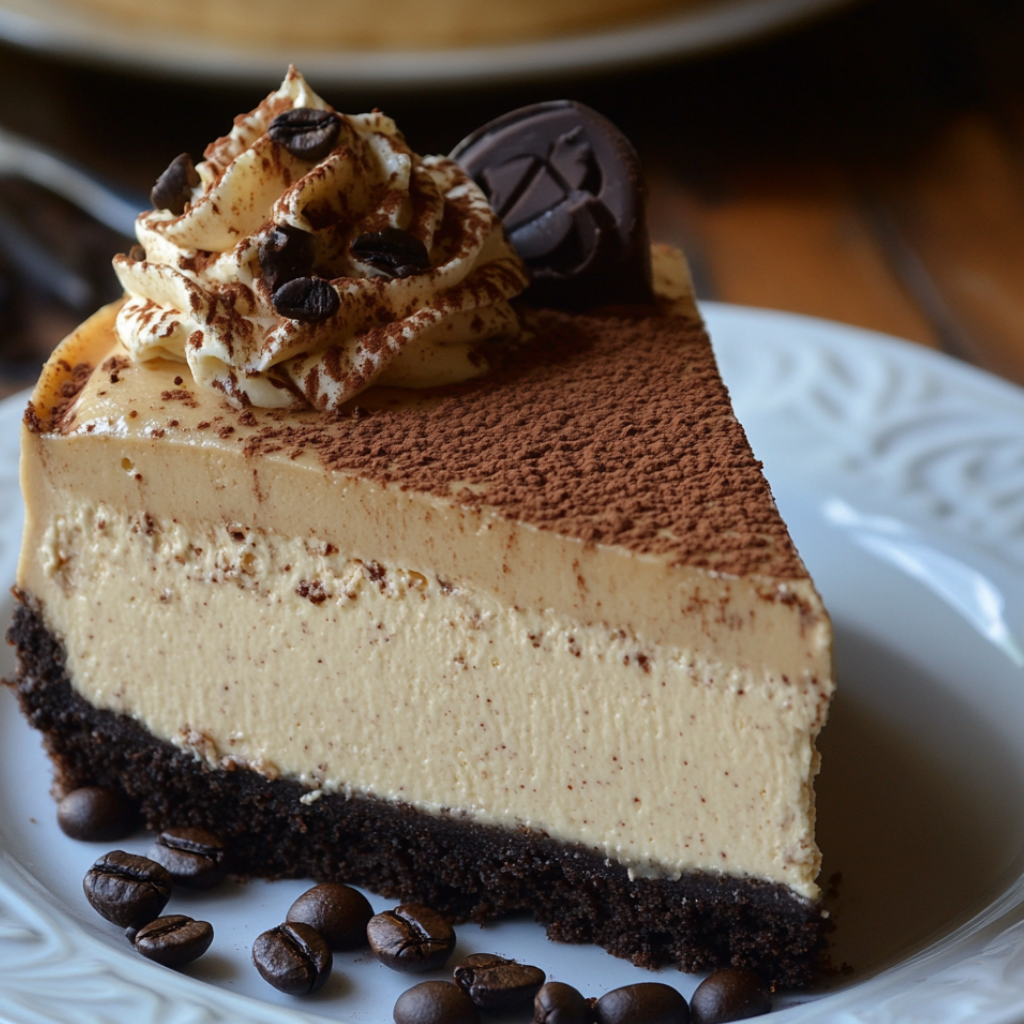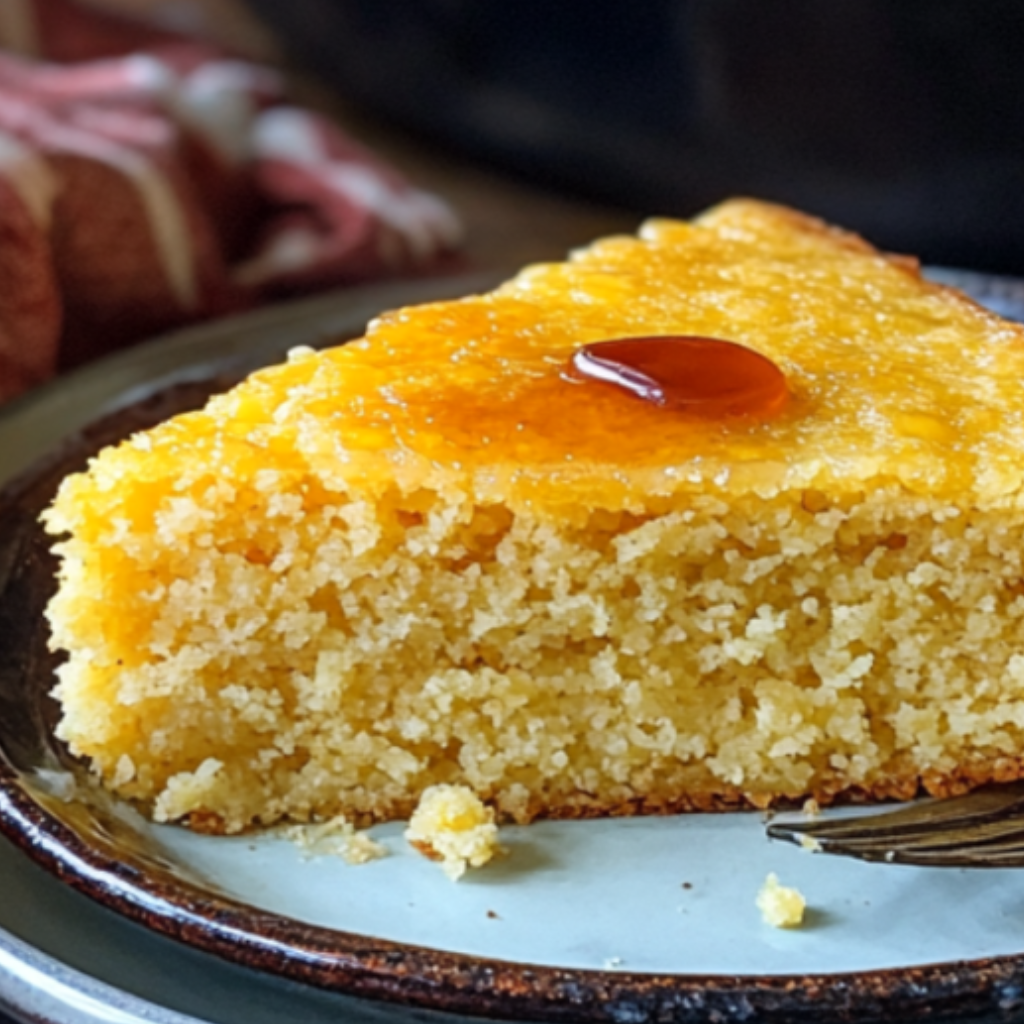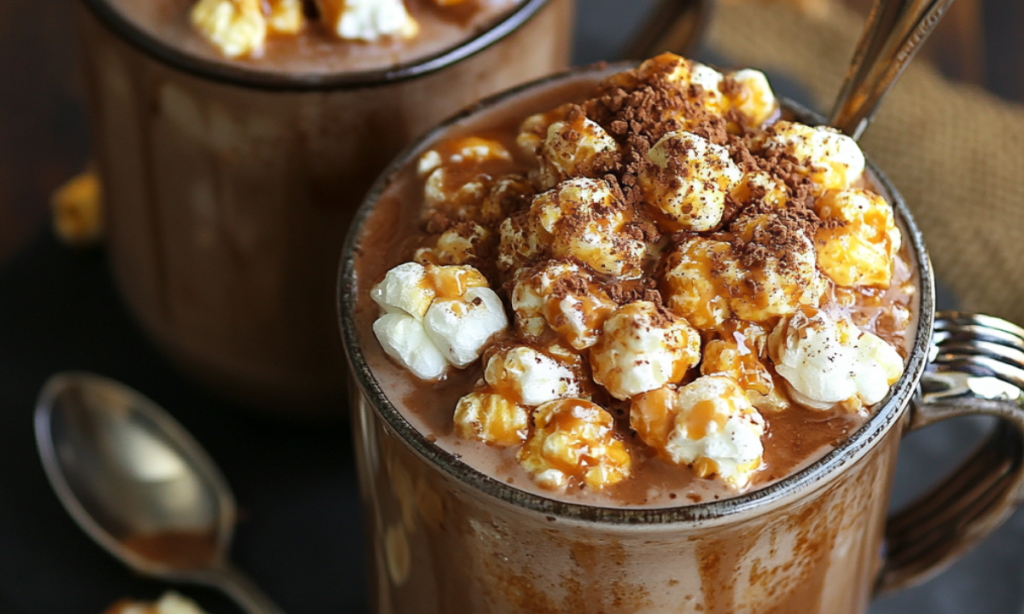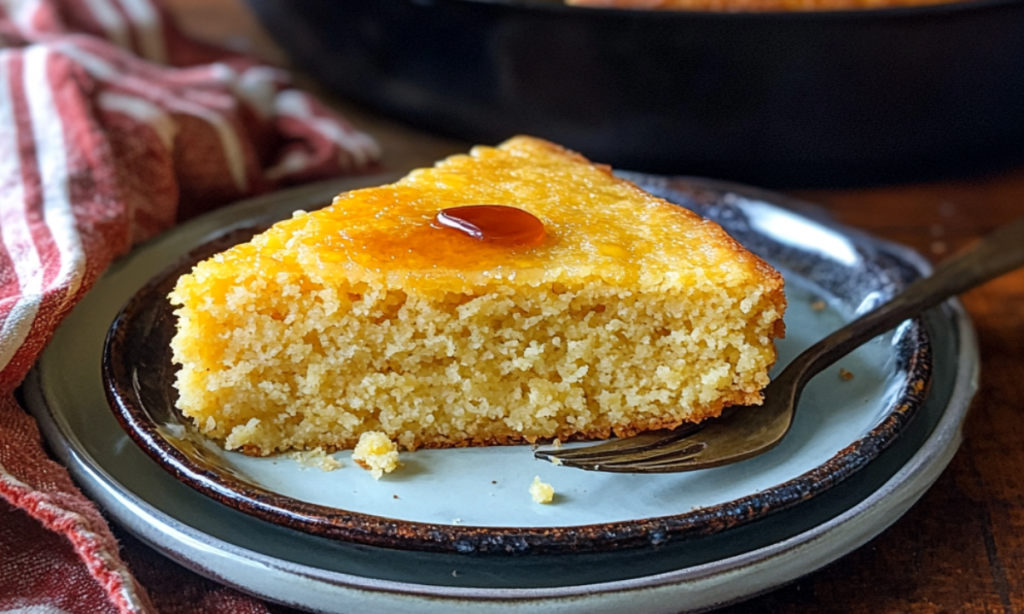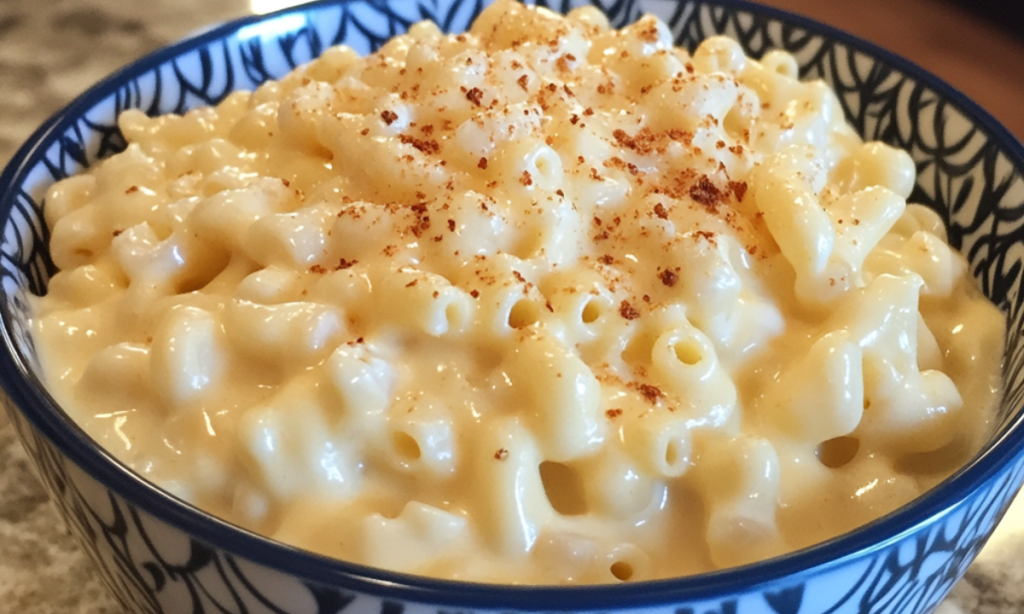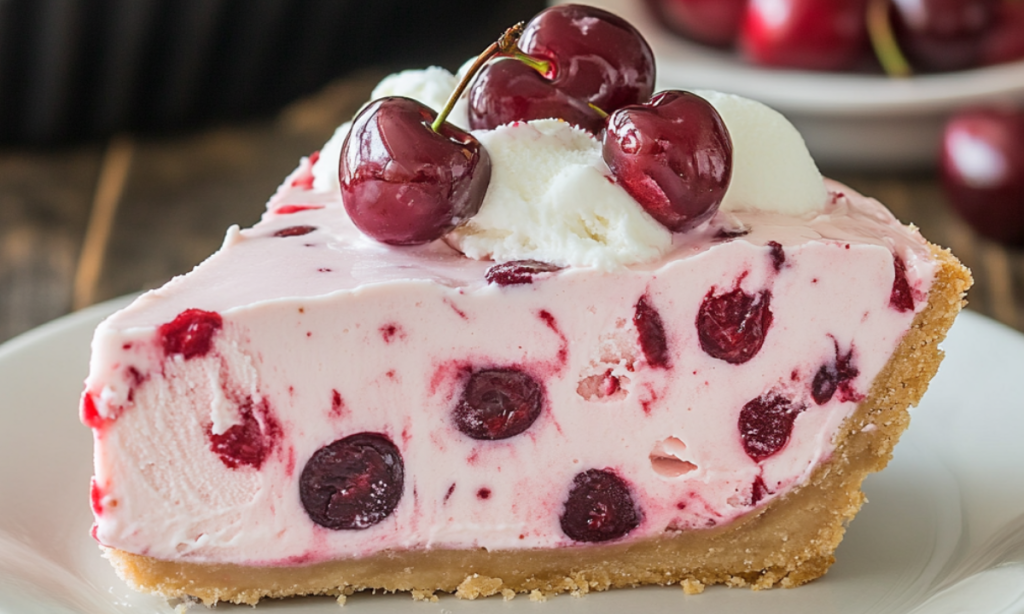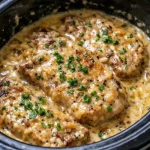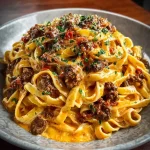Eggnog is a rich, creamy beverage enjoyed by many during the holiday season. Whether it’s Christmas, Thanksgiving, or just a cozy winter evening, this drink brings a sense of warmth and tradition. Making homemade eggnog allows you to control every ingredient, ensuring a fresher and more flavorful experience than store-bought versions. In this guide, we will explore the history, ingredients, safety tips, variations, and even some creative serving ideas for making the best homemade eggnog.
The History and Origins of Eggnog
Eggnog is believed to have originated in medieval Europe, specifically in the early Britain and France, where warm milk and ale were mixed with spices and eggs. This drink was originally considered a luxury reserved for the upper classes due to the expense of eggs and milk. The drink made its way to the American colonies in the 18th century, where it evolved into the creamy, boozy beverage we know and love today.
As eggnog grew in popularity, it became associated with holiday gatherings, particularly Christmas. The tradition of adding alcohol—typically rum, brandy, or bourbon—was introduced during this period, making the drink even more festive.
Want to learn more about the origins of eggnog and its evolution over time? Check out this National Eggnog Recipe Championship for some fun facts and competition-worthy recipes!
Why You Should Make Homemade Eggnog
There are many reasons to ditch store-bought eggnog in favor of making your own. Here’s why:
- Control Over Ingredients: When you make homemade eggnog, you can use fresh ingredients, ensuring a superior taste and quality.
- Customization: You can adjust the sweetness, spices, and even alcohol content to suit your personal preferences.
- No Preservatives: Homemade eggnog is free from artificial preservatives and other additives commonly found in store-bought varieties.
- Healthier Alternatives: With the right ingredients, you can even make a healthier eggnog version that suits dietary needs or preferences.
For those concerned about raw eggs, rest assured that you can make your eggnog safer by using pasteurized eggs, as recommended by the FDA guidelines.
Essential Ingredients for Homemade Eggnog
To make the perfect eggnog, you’ll need just a few key ingredients:
- Eggs: Fresh egg yolks are what give eggnog its signature richness. Egg whites can be used later to add frothiness.
- Sugar: Granulated sugar is the traditional sweetener, though you can substitute with maple syrup or honey for different flavors.
- Milk and Cream: A combination of whole milk and heavy cream makes eggnog indulgently creamy.
- Spices: Nutmeg, cinnamon, and sometimes cloves are used to flavor the drink.
- Alcohol: Rum, bourbon, or brandy are the traditional choices, but you can also make a non-alcoholic version.
Is Homemade Eggnog Safe to Drink?
Using raw eggs in homemade eggnog can be a concern for some, but there are ways to enjoy this treat safely. The risk of foodborne illness from raw eggs can be minimized by using pasteurized eggs or cooking the eggnog mixture to a safe temperature. For those who prefer an eggnog without raw eggs, there are many non-alcoholic and vegan eggnog options available.
If you’re looking for more detailed safety tips on using raw eggs, check out the FDA’s guidelines on pasteurized egg products.
Homemade Eggnog Recipe
Making your own homemade eggnog is a great way to enjoy this festive drink with fresh ingredients and a custom flavor. This recipe makes a creamy, rich eggnog that you can enjoy with or without alcohol.
Ingredients:
- 6 large egg yolks
- 3/4 cup granulated sugar
- 2 1/2 cups whole milk
- 1 1/2 cups heavy cream
- 1 tsp vanilla extract
- 1 tsp ground nutmeg (plus extra for garnish)
- 1/2 tsp ground cinnamon (optional)
- 1/2 cup rum, bourbon, or brandy (optional, for alcoholic eggnog)
- 6 large egg whites (optional, for frothiness)
Instructions:
- Whisk the Egg Yolks and Sugar:
- In a large bowl, combine the egg yolks and sugar. Whisk together until the mixture is smooth and pale yellow in color.
- Heat the Milk and Cream:
- In a saucepan, combine the milk and heavy cream. Heat over medium heat, stirring occasionally, until it just starts to simmer. Be careful not to let it boil.
- Temper the Egg Mixture:
- Gradually pour the hot milk and cream mixture into the egg yolk mixture, whisking constantly. This helps to gently raise the temperature of the eggs without scrambling them. This process is called “tempering.”
- Cook the Eggnog:
- Return the mixture to the saucepan and cook over low heat, stirring constantly. Cook for about 5-10 minutes until the eggnog thickens slightly. Be sure not to let it boil, as this can cause the eggs to curdle.
- Add Flavorings:
- Once the eggnog has thickened to your desired consistency, remove it from the heat. Stir in the vanilla extract, ground nutmeg, and cinnamon (if using).
- Cool the Eggnog:
- Let the eggnog cool to room temperature, then refrigerate for at least 2 hours (or overnight) to chill and let the flavors meld together.
- Whisk the Egg Whites (Optional):
- If you want a frothy eggnog, whisk the egg whites in a separate bowl until soft peaks form. Gently fold the whipped egg whites into the cooled eggnog mixture just before serving.
- Serve and Garnish:
- Serve the eggnog chilled. If you’re using alcohol, add the rum, bourbon, or brandy to each glass before pouring in the eggnog. Garnish with a sprinkle of freshly grated nutmeg or cinnamon.
Variations of Homemade Eggnog

There are countless ways to customize your homemade eggnog. Here are a few popular variations:
Alcoholic Eggnog
- Rum: Traditionally used in Caribbean-style eggnog, rum adds a sweet and warming flavor.
- Bourbon: This American favorite gives eggnog a rich, caramel-like sweetness.
- Brandy: For a more sophisticated eggnog, brandy offers a smooth and slightly fruity taste.
You can mix and match the alcohols based on your preference. Remember, less is more—start with a small amount and adjust to taste.
Non-Alcoholic Eggnog
For those who prefer a family-friendly version or just don’t drink alcohol, you can easily make a non-alcoholic eggnog by simply leaving out the booze. You can still make it delicious by adding a bit more spice or even a splash of vanilla extract for added flavor.
Vegan Eggnog
For those following a plant-based diet, there are many vegan eggnog recipes. Instead of dairy milk and heavy cream, use plant-based alternatives like almond milk or coconut cream. You can also use tofu as a substitute for eggs, creating a creamy, dairy-free version.
Tips for Making Eggnog Frothy and Creamy
Achieving the perfect texture for eggnog can be tricky, but with these tips, you’ll get it just right:
- Whisk the Egg Whites: Adding whipped egg whites will give your eggnog a light and frothy texture.
- Use Full-Fat Dairy: Full-fat cream and whole milk are essential for a creamy consistency.
- Don’t Overcook: Avoid cooking the mixture too long; the goal is a custard-like consistency, not scrambled eggs.
- Blend for Smoothness: If you prefer a smoother eggnog, use a blender to combine all the ingredients and ensure a silky finish.
Storing and Serving Homemade Eggnog
How to Store Eggnog
Homemade eggnog should be stored in an airtight container in the refrigerator. It will typically last about 2-3 days. If you make a large batch, you can also freeze the eggnog and store it for up to a month—just make sure to thaw it properly before serving.
Creative Serving Ideas
Homemade eggnog isn’t just for sipping straight from a glass. Here are some fun ways to enjoy your festive drink:
- Eggnog Lattes: Add a shot of espresso to your eggnog for a holiday twist on your morning coffee.
- Garnish with Nutmeg: A sprinkle of freshly grated nutmeg adds a nice touch of flavor and aroma.
- Pair with Desserts: Eggnog pairs wonderfully with gingerbread, fruit cake, or even a simple slice of pie.
FAQs About Homemade Eggnog
1. Can you make eggnog ahead of time?
Yes! You can make homemade eggnog up to 2-3 days in advance. Simply store it in an airtight container in the refrigerator, and it will stay fresh. In fact, letting it sit for a while can help the flavors meld together for a richer taste.
2. How do you thicken eggnog?
Eggnog thickens naturally as you cook the egg and milk mixture. If you’d like a thicker consistency, you can cook it a little longer, but be sure to do so on low heat to avoid scrambling the eggs. Alternatively, adding extra heavy cream can help make it even richer and thicker.
3. Why is my eggnog curdling?
Curdling happens if the egg mixture gets too hot. To prevent this, always cook the eggnog over low heat and avoid letting it boil. When tempering the eggs with hot milk, add the milk slowly and whisk constantly to ensure the eggs don’t cook too quickly.
4. How long can you keep homemade eggnog?
Homemade eggnog can be stored in the refrigerator for 2-3 days. After this, the texture and flavor may begin to degrade. If you want to keep it longer, you can freeze it for up to a month, but make sure to thaw it properly before serving.
5. Can you use eggnog in recipes other than drinks?
Absolutely! Eggnog can be used in various holiday recipes. Some popular options include:
- Eggnog French toast: Use eggnog in place of regular milk to make your French toast extra rich and festive.
- Eggnog cookies: Add eggnog to cookie dough for a creamy, spiced twist on traditional cookies.
- Eggnog cake: Use eggnog as a base for a moist, flavorful cake.
Final Thoughts on Homemade Eggnog
Homemade eggnog is more than just a drink; it’s a holiday tradition that brings family and friends together. Whether you enjoy it with a splash of alcohol or prefer a non-alcoholic version, making eggnog from scratch gives you full control over the ingredients, allowing you to create a rich, flavorful drink just the way you like it.
By using fresh, high-quality ingredients and following the simple steps in this recipe, you can create a creamy, indulgent eggnog that will impress your guests and become a festive staple in your home. With endless variations—alcoholic, non-alcoholic, vegan, or spiced—there’s an eggnog recipe for everyone to enjoy.
So, the next time the holiday season rolls around, skip the store-bought versions and make your own homemade eggnog. It’s easier than you think, and the results are definitely worth it!
Enjoy your festive drink, and may your holidays be merry and bright!




